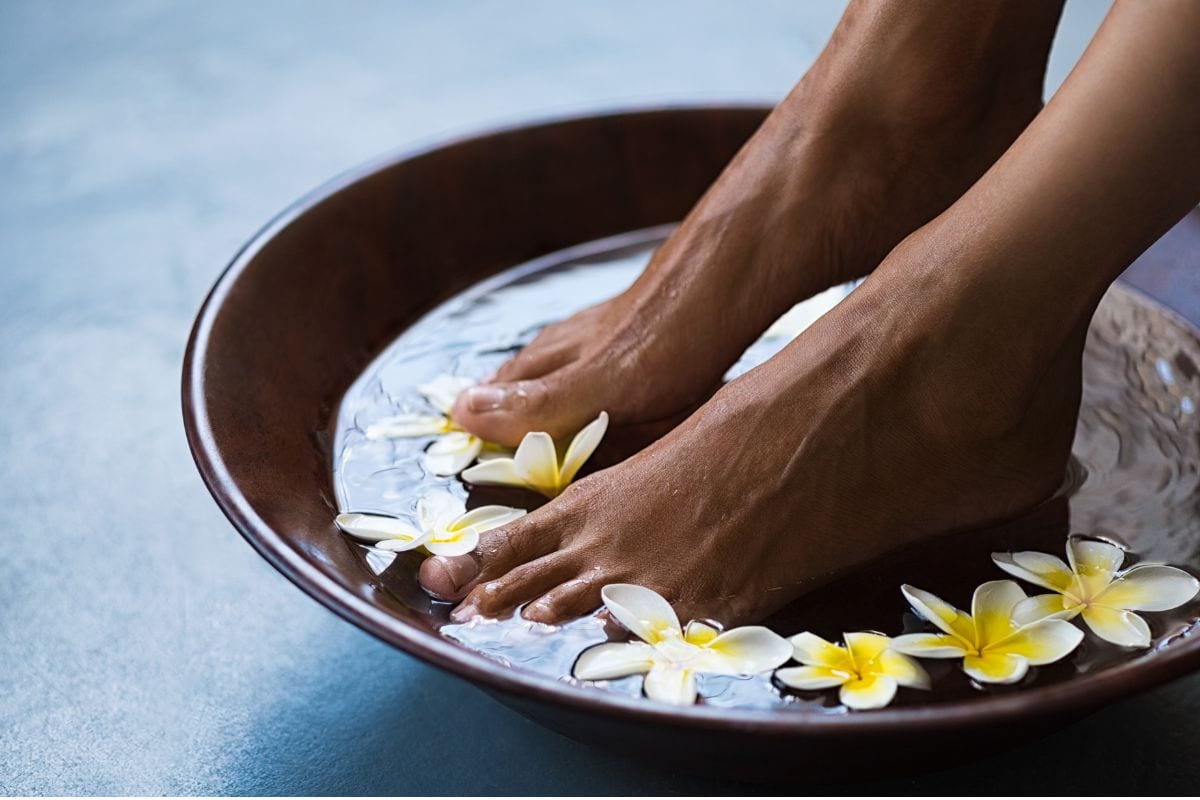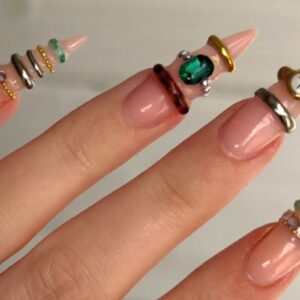How the water bill increase will impact beauty businesses & 6 ways to reduce consumption
By Helena Biggs | 20 December 2024 | News

The average water bill in England and Wales will increase by 36% over the next five years, according to water regulator, Ofwat.
This is equivalent to an average extra cost of £31 per year. Southern Water customers will be worst affected – with a 53% hike in bills.
Lesley Blair MBE, CEO & chair of the British Association of Beauty Therapy & Cosmetology (BABTAC), comments: “It’s clear to see the impact this has on households, however it’s important to remember the knock-on effect this has on businesses, particularly within the beauty industry, where water plays a vital role in day-to-day operations.

Lesley Blair MBE
“For salon businesses, the use of water not only plays a crucial part in delivering treatments, but ensuring that adequate hygiene is in place. For businesses that are already feeling the pressure of heading into a year with larger overheads, this is yet another example of strain being put on them.
“Consumer groups and politicians have put pressure on the regulator to limit the increase in bills, and we want to ensure that government also has small businesses in mind with these discussions.”
Lesley shares ways to reduce water use within a beauty business:
- “Conduct a water audit to pinpoint areas of high consumption and wastage to identify opportunities for savings.
- Install water efficient fixtures, such as low-flow faucets and shower heads, dual flush toilets and touchless or timed faucets.
- Consider switching to energy efficient dishwashers and washing machines, if and when it’s time to replace them. And making sure machines aren’t switched on until full.
- Implement grey water recycling where possible: collecting and reusing water from sinks, kettles, dishwashers, or washing machines for alternative uses (like watering plants).
- Educate employees by doing training on water conservation practices, and signpost these near sinks, bathrooms and other water usage points.
- Eliminate the need for laundry, and consider eco-friendly and biodegradable alternatives, such as Scrummi towels.”

Read the latest issue










